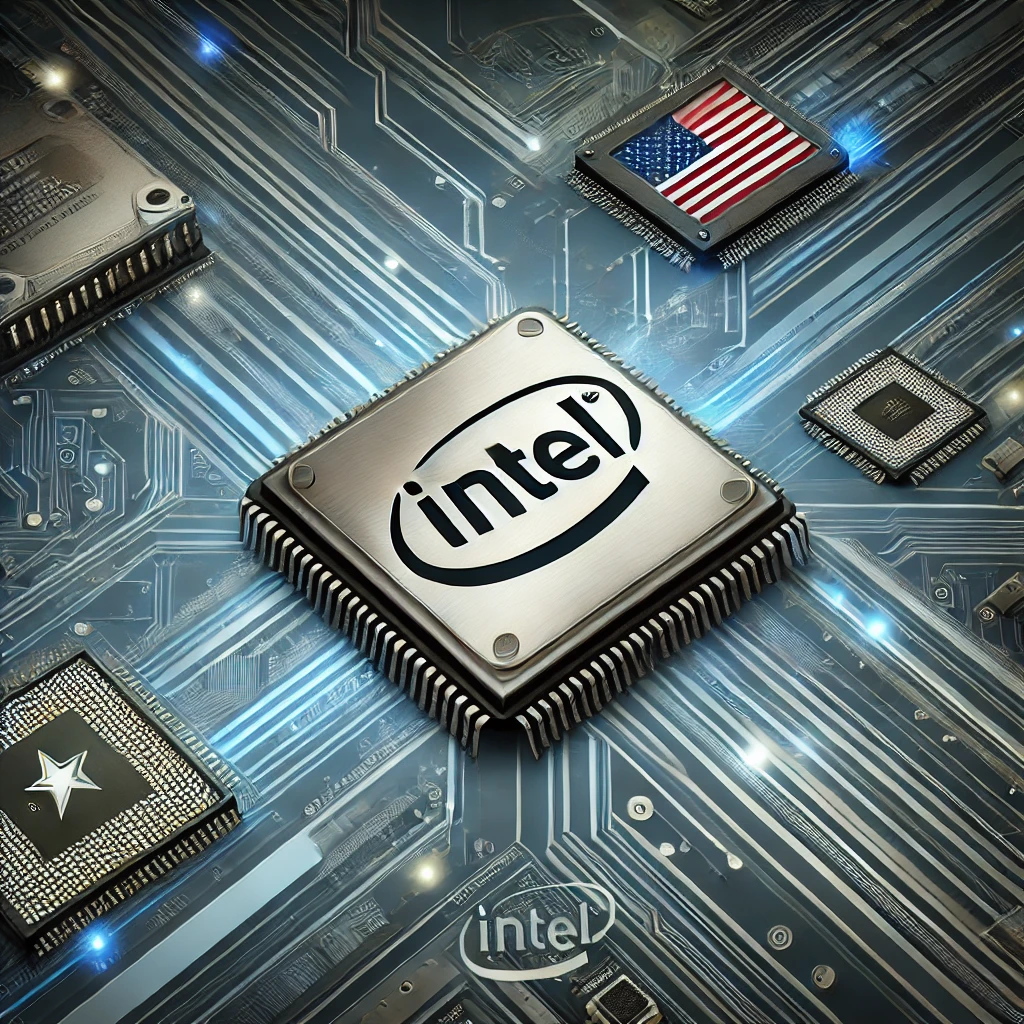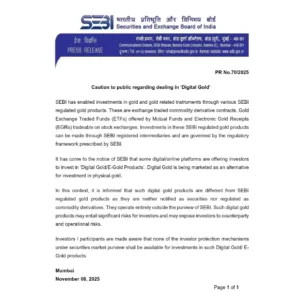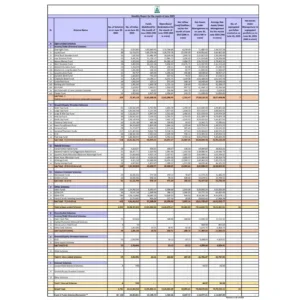Intel Corporation ($INTC) has secured up to $3.5 billion in federal grants to produce advanced semiconductors for the U.S. Department of Defense. This initiative is part of a secretive program called “Secure Enclave,” designed to enhance domestic production of chips crucial for military and intelligence applications, according to Bloomberg.
The deal marks a significant step in strengthening the United States’ semiconductor supply chain, specifically for defense purposes. It also reflects the growing focus on reducing reliance on foreign chipmakers, particularly in light of global supply chain disruptions and national security concerns.
Boosting U.S. Domestic Chip Manufacturing
The Secure Enclave program will see production spread across multiple states, including Intel’s state-of-the-art facility in Arizona. This facility is expected to be a central hub for manufacturing chips specifically designed for defense-related technologies. By ramping up domestic semiconductor production, Intel aims to bolster U.S. capabilities in producing secure, cutting-edge chips for critical military applications.
Securing National Defense
Semiconductors are an essential component in modern military and intelligence systems, powering everything from advanced communications to missile guidance systems and encryption technologies. By securing this federal funding, Intel is positioned to play a vital role in the U.S. government’s efforts to ensure the availability of trusted, American-made semiconductors for defense purposes.
Tapping into Federal Grants
The $3.5 billion deal is expected to provide Intel with substantial financial backing to enhance its production capacity, further modernize its facilities, and develop cutting-edge technologies for the U.S. military. The initiative also falls under broader U.S. government efforts to invest in the semiconductor industry, with an eye on maintaining technological superiority and securing critical supply chains.
Conclusion
Intel’s partnership with the U.S. Department of Defense under the Secure Enclave program highlights the increasing importance of domestic semiconductor production for national security. The deal not only strengthens Intel’s position as a key player in the defense sector but also supports U.S. efforts to reduce reliance on foreign chipmakers, ensuring a secure and steady supply of advanced semiconductors for military applications.
This multi-billion-dollar agreement signifies a new chapter in the U.S. semiconductor industry, with Intel leading the charge in producing chips that will shape the future of national defense.
Udpate
BofA (Underperform; $21 PT) on Intel: Intel’s recent announcements, such as its collaboration with Amazon Web Services (AWS) on a custom AI fabric chip and a custom Xeon server CPU chip, along with securing $3 billion in U.S. government funding from the CHIPS Act, have created more uncertainty than clarity.
Intel also announced that its Intel Foundry business will become an independent subsidiary, but it did not provide a new financial plan or clarify what this change means beyond reporting purposes. Additionally, Intel paused some of its planned investments in Poland and Germany, but the reasons for this were not fully explained.
There were no updates on Intel’s crucial 18A manufacturing technology, a key part of its future strategy. While the collaboration with AWS might sound significant, Intel has been providing CPUs to AWS for years, so the level of customization isn’t entirely new. As for the AI fabric win using the 18A node, it’s expected that this won’t have a major impact until around 2026, and even then, it will face stiff competition from companies like Broadcom and others.
JPMorgan on $INTC (Underweight; PT $26):
We believe Intel’s recent announcements help clarify previously shared plans, but they don’t represent any major new changes. For their foundry business, Intel is still expected to see significant revenue growth from external customers by 2027, although the customer pipeline is improving.
The extended partnership with Amazon Web Services slightly boosts confidence in Intel’s growing list of customers. However, we are keeping our Underweight rating on Intel with a $26 price target.
Bringing you the latest updates on finance, economies, stocks, bonds, and more. Stay informed with timely insights.
































Be First to Comment